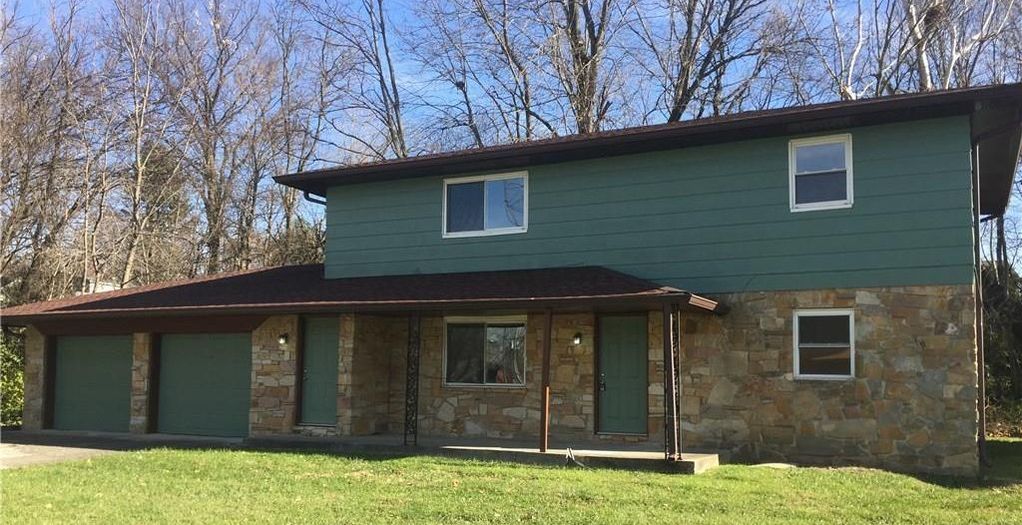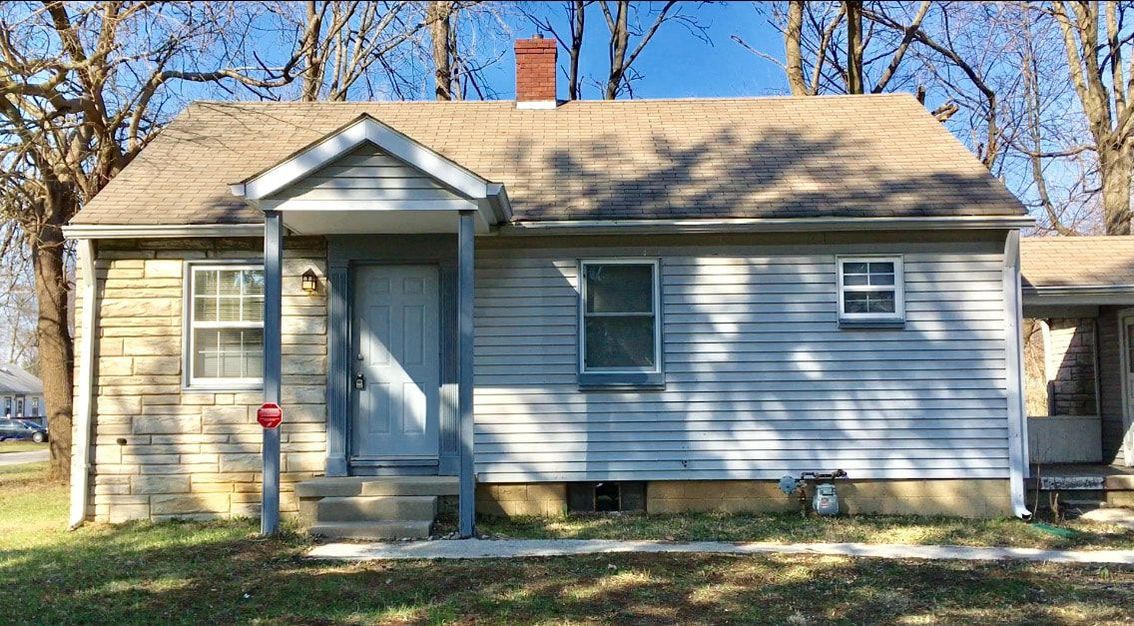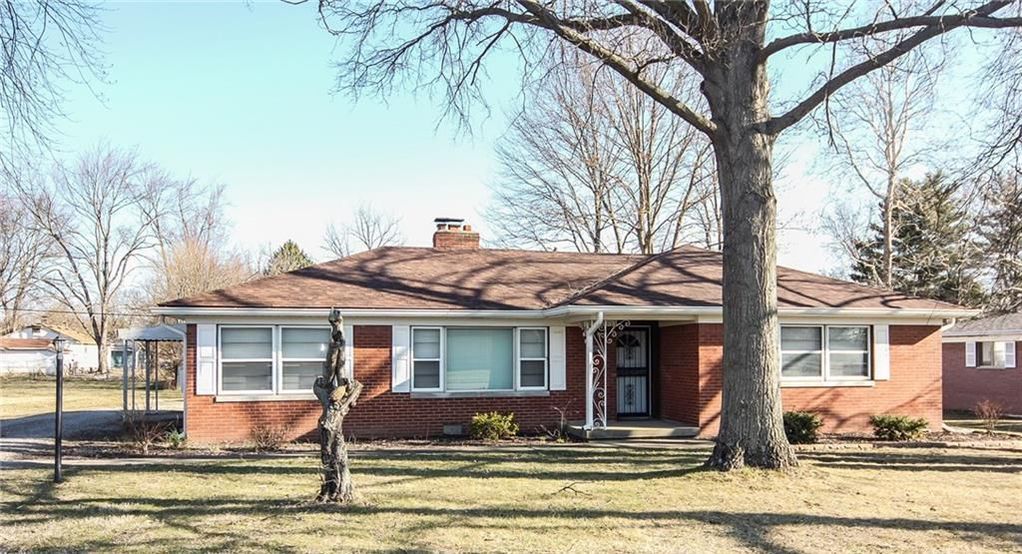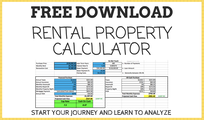|
So, if you caught my last post about Large Multifamily, I went over some of the basics of that particular asset class. And if you recall, I left you with a little cliff hanger... Talking about and understanding Large Multifamily is great! BUT, how does someone actually start getting into deals of that size? Does it take years of buying single family and small multifamily properties to finally have the "cajones" to pull the trigger on a large multifamily? Yes, and no. Can someone like me, with only 2 years of investing experience, be part of a large multifamily deal? The answer is 100% YES. And it's done through a strategy and process called SYNDICATION. What the heck is syndication? Syndication is an effective way for investors to pool their financial and intellectual resources to invest in properties and projects much larger than they could afford or manage on their own. It typically involves a Sponsor and a group of investors.
Why am I so intrigued by syndication? Because THIS is how someone like me gets into the large multifamily world. This is the perfect example of partnership, where multiple parties come together, each bringing their own value to a project, in order to close the deal, get it running, and hopefully spit out great financial returns. When it comes to evaluating my next investment, I'm just going to say it...this is probably the front runner over single family, small multifamily, and note investing. I'm trying to THINK BIG and keep an ambitious mindset. Key Takeaways
-Tyler
0 Comments
HOW in the world does someone get into the world of large multifamily investing?? Acquiring a 100-unit building...now that just sounds like an improbable dream...right??
Don't worry, I'll definitely be answering that question. But first, I want to focus on the asset class itself and give you a thorough rundown of Large Multifamily (80+ units). This is a world I'm very intrigued by as I'm starting to see the power of economies of scale (see my duplex acquisition), and I'm all about THINKING BIG! Why large multifamily?
What I love MOST about the large multifamily strategy is the ability to use a VALUE-ADD strategy at a large scale. Many apartment complex investors are applying similar strategies that we're seeing in the single-family/small multifamily world called the BRRRR strategy. The BRRRR strategy stands for: Buy, Rehab, Rent, Refinance, Repeat. In a nutshell, you're buying an undervalued asset, fixing it up to bring in more rental income, while at the same time you're raising the value of the asset (because the value of a multifamily property is largely dictated by Net Operating Income). It's a double bonus...increase cash flow + value of the property...WOW! Once you've renovated, raised rents, and forced appreciation, you can then refinance and hopefully be able to get money back from the bank due to its increased property value. Cash flow may decrease, but ROI should increase substantially as you'll have little (or NO) money in the deal. So, as you can see, this strategy should be pretty dang intriguing for many of us! Yes, this asset class seems a little intimidating, but if you can get into this world, it could be very rewarding! Now...if only I could find my way into this world having only invested in single family homes and a duplex. Can someone like me realistically invest in the large multifamily world?? Here's a clue: YES. "PASSIVE INCOME"
Ahhhhhh that term...it's what a lot of us are in search for. It's what a lot of us are trying to build. It's what a lot of us are struggling to grasp. Passive. Frickin. Income. Well, as I sit here, trying to evaluate my next investment opportunity, there's a huge pull for me to experiment in the world of note investing, which requires little to no work at all from me, but can provide very respectable returns. Let me explain. Does the sound of bringing in passive income sound great? What if it required absolutely NO work? YES! I WANT THAT! Here's where investing in performing NOTES comes into play and why it's so appealing. I've always heard about investing in notes...but honestly, it's been a somewhat difficult strategy to really grasp as there's not a ton of content out there! So, keep reading for some great information from BiggerPockets: What is a note? It's a promise to pay. For example, a personal check is a note. When real-estate is sold with financing there is a document called a promissory note which defines the terms of the loan, including the loan amount, percentage rate, payment amount, the number, frequency, and timing of payments, late payment penalties, etc. The note, by itself, is simply a promise to pay and is not secured by collateral. In a financed real-estate transaction, the note is secured through a security instrument. This is either a mortgage or deed-of-trust, depending on the state. The security instrument ties the note to the deed as a lien on the property as collateral. It also spells out the lenders recourse (foreclosure) should the borrower fail to pay, among many other details which we won't go into here. What is note investing? If you invest in a note, the note is purchased along with its security instrument. Basically, investors purchase the secured debt and become the lender, after which they are entitled to receive payments from the borrower. Generally, note investors purchase notes at a discount to the remaining principal balance. Lien Position Before we get into different types of note investing strategies, we should cover the topic of lien position. When a debt is secured by real property, it's recorded as a lien against the deed. The rule for lien position is "first in time, first in line." This means that lien position is establish by the relative date and time a lien is recorded against the deed. For example, a first mortgage is in first position solely because it is recorded prior to subsequent liens like a second mortgage. There are a couple of exceptions to this. Delinquent property taxes is the most common exception. When a municipality liens a property for delinquent taxes, the lien cuts in line to the front. The other exception is HOA dues in "super-lien" states. In these states, delinquent HOA liens act like tax liens. Lien position is important in note investing primarily because in the event of foreclosure, the lien holders are paid from the proceeds of the sale based on the position of their liens. The first position lien is paid first, and if anything is left over the second position lien is paid, and so on. Common Note Investing Strategies There are many strategies in note investing and the common ones which are; Performing Note Investing, Non-Performing 1st Lien Investing, Non-Performing 2nd Lien Investing. Performing Note Investing - Buy and Hold A performing note is a note in which the borrower is making regular payments, and investors purchase them to achieve a stream of recurring passive income. This is similar to purchasing a rental property, but without the headaches of property management. This is what I'm really interested in! Many of the performing notes for sale were created in owner financed real estate purchases, where the seller desires to cash out rather than continuing to receive monthly payments. These notes are generally purchased at a discount to remaining principal balance, providing the investor with a higher effective yield than the interest rate of the note. Double-digit yields on these investments are quite common. Why would someone sell at a discount? Sometimes life circumstances dictate that money now is more important than money over time. Non-Performing First Lien Investing In this strategy, the investor purchases a loan in which the borrower has stopped making payments. The banks have many of these on their books right now, and have chosen to sell some of them to investors to get them off of their books rather than take the time and incur the expense of foreclosure. Because these notes are non-performing, they sell at a steep discount to principal balance. Investors who purchase these have several exit strategies to consider:
Non-Performing 2nd Lien Investing Because the lien position is junior to the first lien, non-performing 2nd liens can be purchased at extreme discounts. It's common for these types of notes to be partially or completely underwater with regard to property value. Workout is the primary exit strategy, as foreclosure and deed-in-lieu from 2nd position will leave the 1st lien in place. Because of this, non-performing 2nd lien investors tend to look for for notes with a performing 1st lien, and scrutinize the quality of the borrower rather than focusing on the value of the collateral property. In Conclusion As you can see, the world of note investing can be quite intricate. As of now, I'm really only considering performing notes, as the appeal of having an on-time borrower paying monthly, without any headaches, is SUPER appealing. -Tyler My Fourth Property... My Fourth Property... What am I going to do? What’s my next investment? Previously, we talked through one option I’m familiar with: Single Family Homes. Now, let’s chat through another option I’m familiar with: Small Multi-Family (2-4 units). Having recently closed on a duplex (2 units), my goal in acquiring that asset class was to scale my portfolio and grow. And grow it I did...tripling my portfolio from a whopping 1 unit to 3 units hahaha! OK, that’s kind of a joke. But, it’s also true. Tripling your portfolio is an achievement, and if you view real estate as your path toward Financial Independence, you’ll most likely have to scale. Which is where the beauty of small multi-family comes in. Keep reading for the PROS and CONS of investing in Small Multi-Family properties! PROS
CONS
There are plenty of PROS and CONS to evaluate when buying a small multi-family. I'm personally starting to really understand the impact of scaling up and having more units under one roof. So the economies of scale are a huge benefit. But those PROS always come with CONS. Key Takeaways
-Tyler I SWEAR. When I'm in REAL ESTATE mode...I'm IN REAL ESTATE MODE. What do I mean by that? Well, within the last 5 months, I sold a house. I bought a house. I bought a duplex. And now, I'm ready for the next investment. What's my grand strategy for this next investment, My Fourth Property? To be honest, I'm really not sure yet. I plan to deploy about $25k-$35k for this next investment, so I definitely have options. But again, I need to weigh different strategies. So let's take a look at the first investing asset class I'm considering: SINGLE FAMILY HOMES Technically, this is where I have the most experience. Which isn't a lot. But, I've purchased 2 single family homes and also sold one. Let's touch on the Pros and Cons of investing in single family homes. PROS
CONS
As you can see, there are plenty of PROS and CONS to evaluate when buying a single family home. I'll say this: because I started off with this asset class, and a lot of investors do, it's a great way to get started. It's a great way to "ease" into real estate by keeping things relatively simple. I really got my real estate education from single family properties and I'll never forget that! Key Takeaways
-Tyler |
Categories |
Investing |
Jump In |




